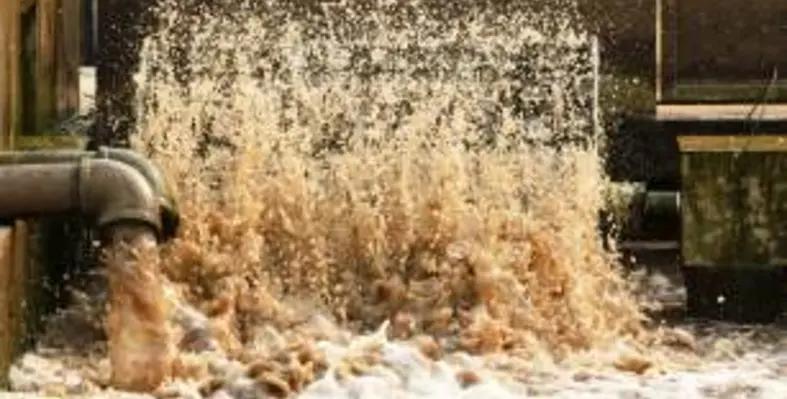A new GWI Market Insight report shows that in Abu Dhabi, amid concerns of nutrient-loading caused by ocean discharge of treated wastewater, the government has set a target of 100 per cent reuse by the end of 2018
In India meanwhile, the country is looking to expand its wastewater treatment capacity and roll out over 100 real-time water quality monitoring systems, as part of the government?s far-reaching Ganga river clean-up plan.
According to the digital report, recent legislation in Europe is providing new opportunities for technologies targeting micropollutants and sludge management.
Recent public health crises and new monitoring technologies have raised the profile of water quality issues around the world, shaping global regulatory trends and quality standards, and creating new market opportunities, a new market report and database published by Global Water Intelligence (GWI) finds.
High profile public health crises such as the Flint Lead crisis, and the continued degradation of environmental resources due to industrial activity, have highlighted the damage that can be done through poor regulation of water quality.
The development of new pollutant detection methods meanwhile, providing information in close to real-time, have made regulatory compliance and preparation in the water industry more crucial, by raising the visibility of pollution issues and contaminants to the general public.
The Global Regulations Package, a new market research tool published by GWI, provides a crucial insight into these regulatory developments, analysing water quality issues around the world, the regulatory trends and quality standards emerging across the water industry, and the market opportunities for new treatment technologies that are increasingly allowing the water sector to address problems once thought intractable.
Christopher Gasson, publisher at GWI commented, ?Regulations drive growth in the water business, but rarely directly. They have to be enforced, but more than that they have to be enforceable. This is where there has been a real revolution over the past few years. Technology has dramatically extended the reach of regulation, simply by making everything more visible.?
The Global Regulations Package consists of two parts; The GWI Market Insight, a digital report analysing the regulations, water quality targets and incentives that are set to have the greatest impact on national water markets, and the key themes driving regulatory developments across the world, and The WaterData Regulations Database, an online database housed in GWI?s WaterData market intelligence platform, providing an extensive directory of quality standards for potable water, wastewater, reuse and municipal sludge for 40 different countries.
The Global Regulations Package is the outcome of rigorous research undertaken by GWI to identify the regulations and quality standards of the world?s major water markets and highlight key regulatory trends where they are having the greatest impact on market growth. The Regulations Database amalgamates the results of this research into a single database, allowing the user to drill down into specific parameters, and assess the quality standards of different countries.
The release of The Global Regulations Package comes as incoming regulations around the world look to drive the growth of water technology markets, such as wastewater treatment and sludge management and resource recovery, in the near future.
Switzerland introduced a law in 2016 mandating the upgrade of the country?s 100 largest wastewater treatment plants (WWTPs) over the next 20 years, to achieve a target of 80 per cent removal of micropollutants. Around US$1.3bn is expected to be invested over this time period to upgrade the plants to meet this target.
Germany is expected to follow suit by introducing national regulations targeting micropollutants, while the country currently requires its 500 largest WWTPs to implement phosphorus recovery strategies by 2030.
The GWI Market Insight also highlights how a greater availability of data and the widespread use of social media to report on pollution events, mean utilities and industrial users must be much more proactive in tackling water quality issues to stay ahead of regulation. The digital report found that technology providers have a unique opportunity to help them do this in an efficient, cost-effective way.







